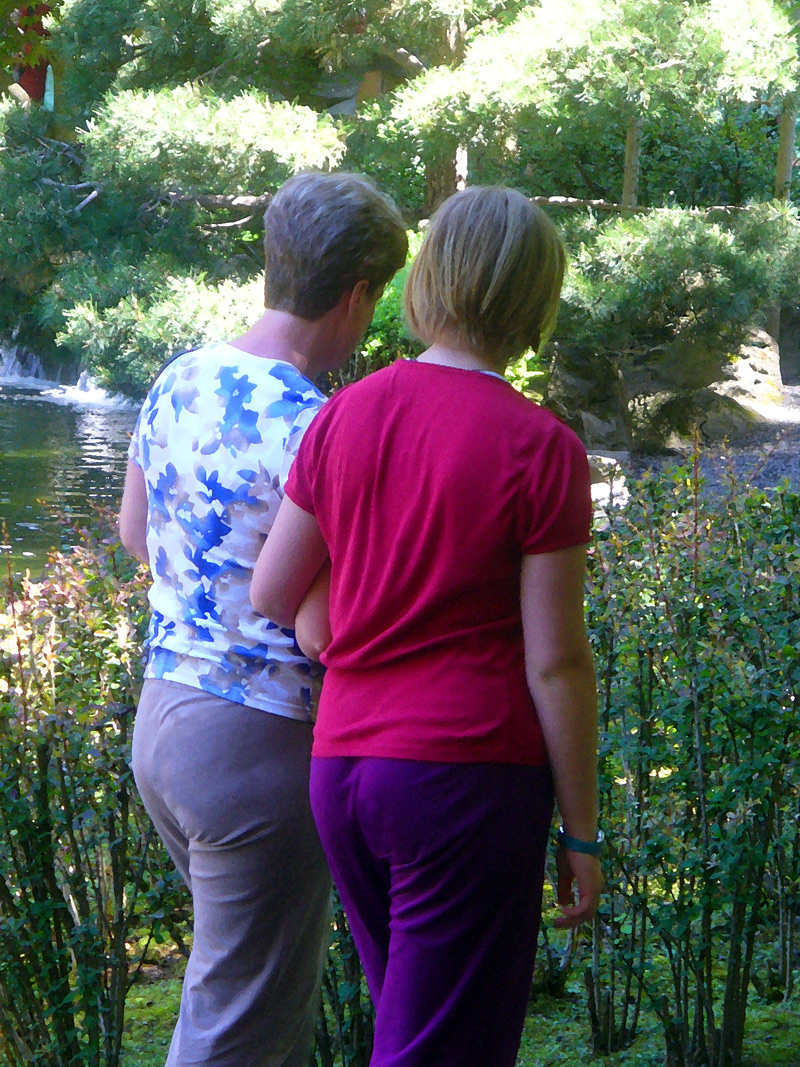Dairy Foods May Reduce Breast Cancer Risk
Eating cheese and yogurt may help prevent cancer. Dong et al. (2011) found that increased consumption of dairy foods may be associated with a reduced breast cancer risk. This study looked at the results of 18 cohort studies (24,187 cases and 1,063,471 participants).  Consuming more cheese, yogurt, and butter reduced the risk of developing breast cancer. Milk consumption was relatively neutral as far as cancer risk.
Consuming more cheese, yogurt, and butter reduced the risk of developing breast cancer. Milk consumption was relatively neutral as far as cancer risk.
Women who develop breast cancer may have a tendency towards vitamin D deficiency and/or osteoporosis. In an observational cohort hospital study, Bener and El Ayoubi (2012) reported that 31% of the breast cancer patients had osteopenia/osteoporosis and 39-32% of the women had vitamin D insufficiency. Dietary intake of dairy foods and fish were also lower in the women with cancer.
Milk Fat Suppresses Tumour Growth and Metastasis and Alleviates Chemotherapy's Side-Effects
An interesting study in mice found that a diet containing dairy milk fat inhibited tumour growth and metastasis when compared to a similar diet with soybean oil (Sun et al. 2011). In addition, the 5% milk fat based diet (approximately 70% of the total fat in the diet) alleviated the harmful effects of chemotherapy.
Milk fat helped preserve gastrointestinal muscle and adipose tissue keeping the mice with cancer stronger and healthier. The mice had colon and breast cancers which can cause significant weight loss. Weight loss or cachexia (the body basically consumes muscle tissue) is a severe problem in cancer patients and negatively effect survival. Milk fat helped prevent the muscle and fat loss typically seen with cancer.
Consuming milk fat also halted the loss of red and white blood cells caused by cancer-mediated immunosuppression and the cytotoxic effects of chemotherapy. The researchers were so impressed by their results that they suggested using milk fat during human cancer chemotherapy.
Lactoferrin Halts Cancer Cells
Lactoferrin, found in dairy, inhibits some cancer cells. Duarte et al. al. (2011) reported that lactoferrin inhibited several types of breast cancer cells possibly by interfering with steps in cancer development. Treating cancer cells with lactoferrin doubled cancer cell death (apoptosis) and decreased cell viability by about 50%. It also dropped cancer proliferation rates by 40-64%. Other studies have reported on lactoferrin's role in encouraging apoptosis in cancer (Kanwar and Kanwar et al. 2013).
References:
Bener A1, El Ayoubi HR. The role of vitamin D deficiency and osteoporosis in breast cancer. Int J Rheum Dis. 2012;15:554-61. Pubmed. doi: 10.1111/1756-185x.12017. Dong JY, Zhang L, He K, Qin LQ. Dairy consumption and risk of breast cancer: a meta-analysis of prospective cohort studies. Breast Cancer Res Treat. 2011;127:23-31. Pubmed. doi: 10.1007/s10549-011-1467-5 Duarte DC, Nicolau A, Teixeira JA, Rodrigues LR. The effect of bovine milk lactoferrin on human breast cancer cell lines. J Dairy Sci. 2011;94:66-76. Pubmed. doi: 10.3168/jds.2010-3629. Kanwar RK, Kanwar JR. Immunomodulatory lactoferrin in the regulation of apoptosis modulatory proteins in cancer. Protein Pept Lett. 2013 Apr;20:450-8. Pubmed. Sun X, Zhang J, Gupta R, Macgibbon AK, Kuhn-Sherlock B, Krissansen GW. Dairy milk fat augments paclitaxel therapy to suppress tumour metastasis in mice, and protects against the side-effects of chemotherapy. Clin Exp Metastasis. 2011;28:675-88. Pubmed. doi: 10.1007/s10585-011-9400-1.
